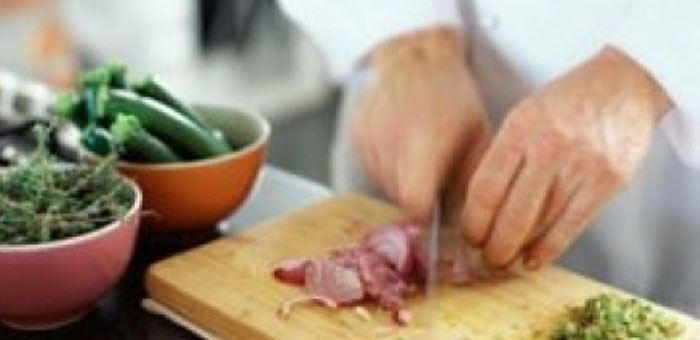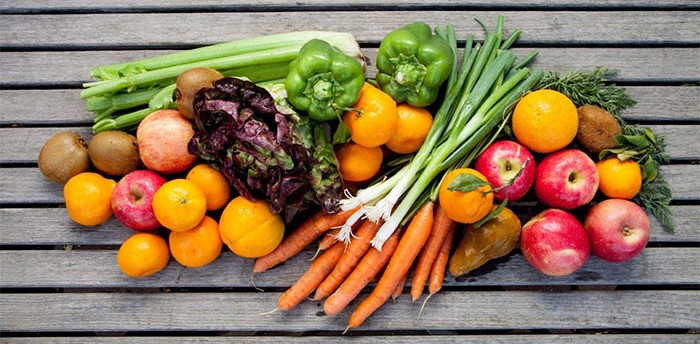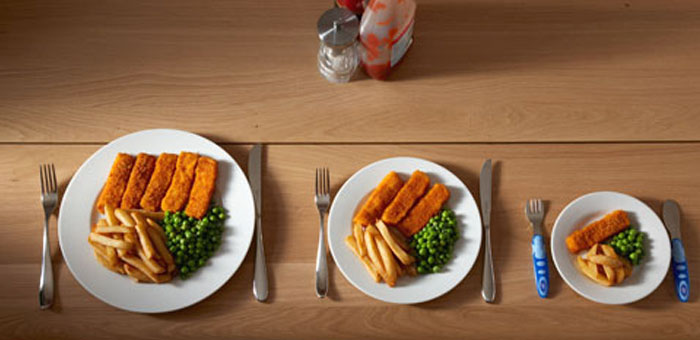Once again it’s Monday and we are pleased to provide our readers with another article centered on the idea of providing your customers with at least one menu item for a follower of the Meatless Monday program. Throughout the past year we have been pleased to find out that a very large percentage of the food trucks in the country have modified their menus to include vegetarian or vegan options for the communities that they serve. We recently receive a couple of questions from a reader on subjects that we felt are common mistakes for those culinary professionals that are not as familiar with a meatless lifestyle as others.
Two Common Vegetarian Cooking Mistakes
In today’s article we will look at the subjects of cross contamination and hidden ingredients.
Beware of Cross Contamination
The first of our common vegetarian cooking mistakes is cross contamination. Most vegetarians are very concerned about cross contamination and will not want to eat food that has, or may have been, in contact with meat. The easiest way to achieve this is to keep vegetarian food, utensils and cooking pots separate from those you use for fish or meat.
If you are deep frying, don’t use oil in which you have fried fish or meat products. This will may require a dedicated fryer for these items or even a bit more space in your mobile kitchen, but it is well worth it to know that you are keeping your meatless customers happy.
Hidden Ingredients
The second of our common vegetarian cooking mistakes is hidden ingredients. When cooking for vegetarians you also have to be aware of all the byproducts derived from meat and fish that occur in a wide variety of products. Here we list some of the more common problems that aren’t always obvious.
- Cheese. Many cheeses have been made using rennet derived from calves’ stomachs, whereas cheese that is suitable for vegetarians is coagulated using fungal or genetically manipulated rennet. You can quite easily source vegetarian versions of the large majority of cheeses. However Parmesan and Gorgonzola are both by statute always made with animal rennet, so you have to look out for similar alternatives to replace Parmesan, or Gorgonzola.
- Baking Goods and Chocolate. Some baked goods, snacks and chocolate may contain whey which has been sourced from cheese made using animal rennet. Manufacturers often change their ingredients so it is worth checking regularly.
- Margarine. This may contain whey, gelatin or animal carcass fats. There is an increasing number of vegetable based margarines which are suitable for baking and do not contain hydrogenated fats.
- Condiments. Many brands of Worcester Sauce and some tapenades and other flavorings contain anchovies. Check with your supplier if you plan to use these items for your vegetarian customers.
- Alcohol. Finally, be careful when cooking with alcohol. Alcoholic beverages such as wine, sherry, port or cider since they may have been refined using non-vegetarian products such as gelatin or egg albumen. This would be unacceptable in a dish served to vegans. Many organic and/or New World wines are now vegetarian, but it is wise to check with your supplier before purchasing.
RELATED: Cooking Vegetarian Foods On Your Food Truck
The Bottom Line
We hope you find this article helpful in avoiding these common vegetarian cooking mistakes. Do you have any additional tips common vegetarian cooking mistakes? Share them in the comment section or social media.
Please do your part today and join the movement? Signing up is fast and easy! Follow them on Twittter.




